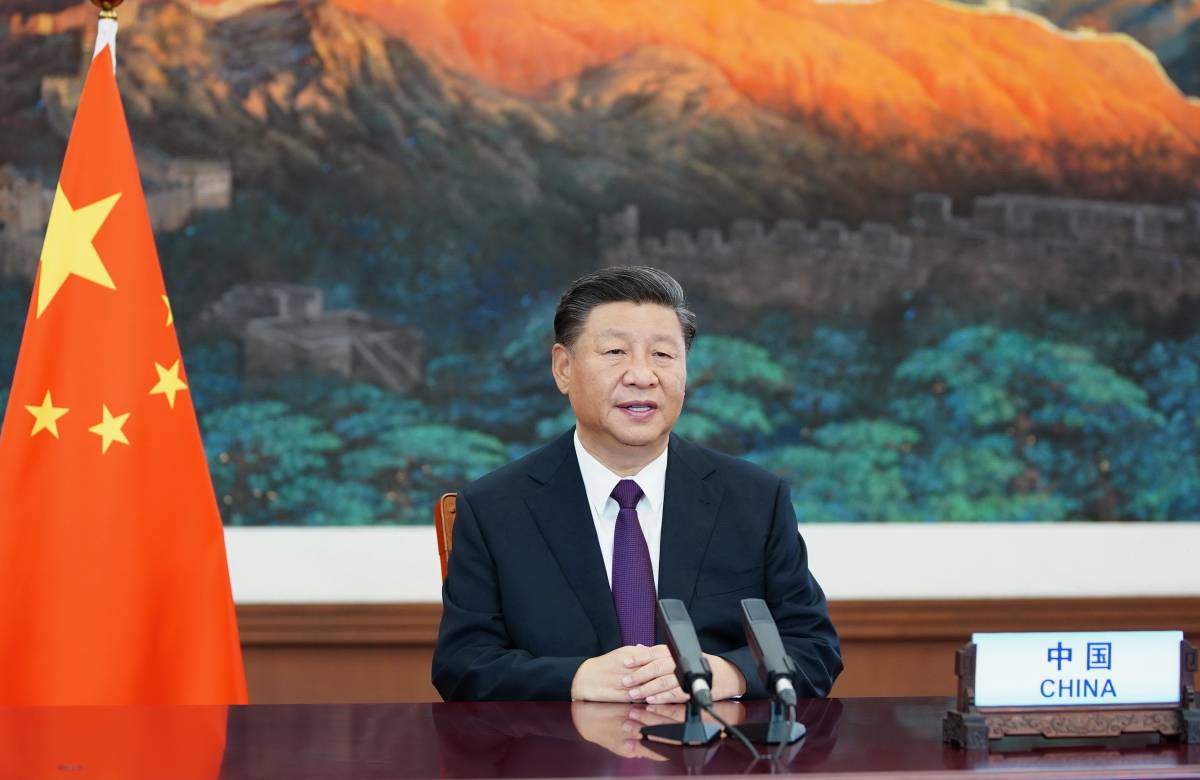The US was far from alone in complaining about China’s failure to live up to its obligations under the WTO….reports Asian Lite News
The US and a number of its closest allies have used a periodic review of Chinas trade policy by the World Trade Organization (WTO) to vent their anger at Beijings unwillingness to conform with rules meant to establish a level playing field for all participants in the global exchange of goods and services, VOA reported.
The regularly scheduled Trade Policy Review, which allows China’s trading partners to make official statements about policies to which they object, came last week as China marks 20 years of membership in the WTO, a group that works to establish rules for trade among its 164 member countries.
“When China acceded to the WTO 20 years ago, WTO members expected that the terms set forth in China’s Protocol of Accession would permanently dismantle existing Chinese policies and practices that were incompatible with an international trading system expressly based on open, market-oriented policies,” said David Bisbee, who is serving as the charge d’affaires ad interim of the US Mission to the WTO in Geneva, the report said.
“But those expectations have not been realized, and it appears that China has no inclination to change,” he continued in prepared remarks.
“Instead, China has used the imprimatur of WTO membership to become the WTO’s largest trader, while doubling down on its state-led, non-market approach to trade, to the detriment of workers and businesses in the United States and other countries.”

The US was far from alone in complaining about China’s failure to live up to its obligations under the WTO.
Representatives from various governments around the globe catalogued a long list of ways in which they said China bends or breaks the rules, the report said.
Among other things, they said that China distorts markets by subsidizing state-owned firms, ignoring intellectual property rights, limiting foreign firms’ access to its markets, using forced labor in some manufacturing and agricultural sectors, coercing smaller governments to accept unfair trade practices, and more, the report added.














